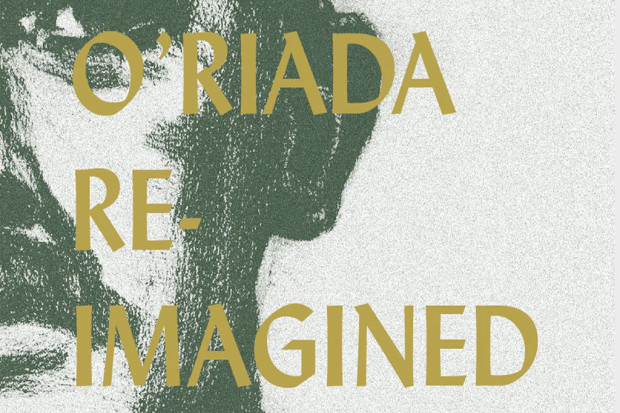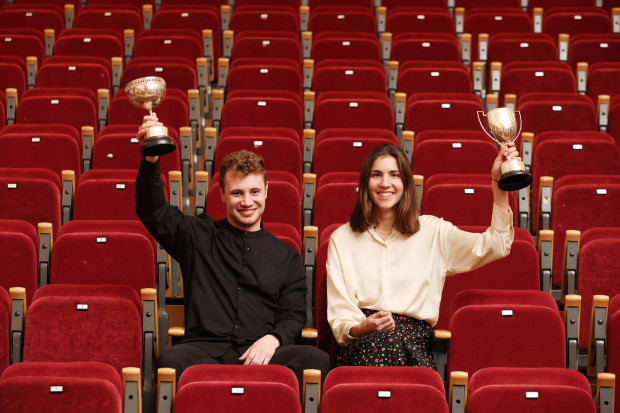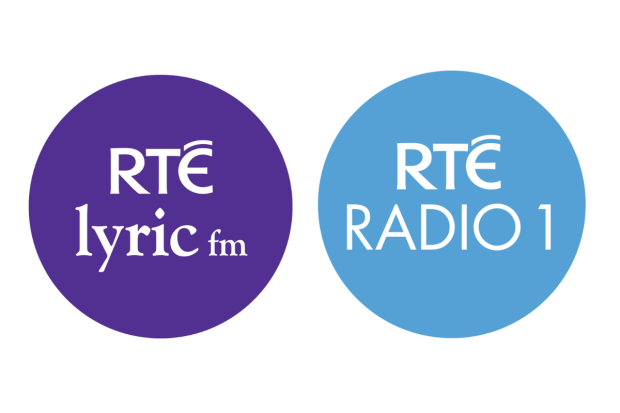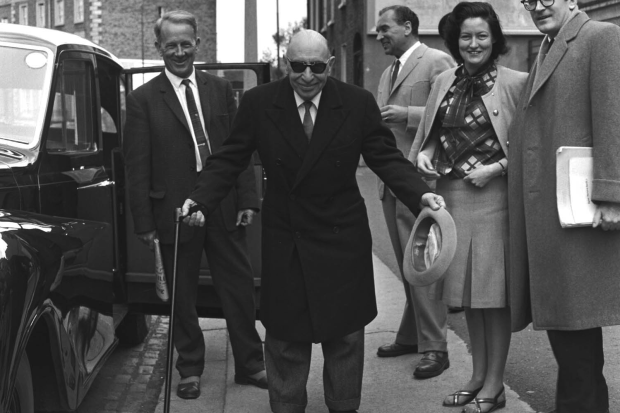
Without a Core Tradition
Seán Ó Riada, Orchestral Works, RTÉ Lyric FM CD 136.
Frederick May, Sunlight and Shadow, RTÉ Lyric FM CD 135.
John Kinsella, Orchestral Works, RTÉ Lyric FM CD 134.
The music collected on these three highly interesting RTÉ Lyric FM releases gives little clue of the compositional cosmopolitanism of the two or three generation of Irish composers born after 1960, whether that disconnection comes by dint of provenance, May and Ó Riada having lived in an earlier time, or by dint of compositional disposition, as in the case of Kinsella.
Instead, we are presented with varying attempts to fuse Irish subjects or the Irish music tradition with European compositional styles; we hear Ó Riada and May grappling with contemporary musical innovations in not entirely resolved ways; and we witness in the symphonic music of Kinsella a settled-into-itself classicism disposed more to the musical potential of the late-Romantic repertoire than anything more modern.
However, hints of Shostakovich and Magnus Lindberg do creep into Kinsella’s often majestic sixth symphony, which premiered in 1996, and a modernist musical exoticism likewise into the seventh, which dates from 1999. Echoes of Robert Simpson, another skilled orchestral writer who did interesting things within the bounds of an arguably finite tradition, abound throughout the Kinsella disc, which features authoritative and penetrating performances from the RTÉ National Symphony Orchestra under Proinsías Ó Duinn. Gavin Moloney ably leads the orchestra and the National Chamber Choir in Kinsella’s exciting seventh symphony.
And yet these discs are not without their modernistic, volatile, cosmopolitan moments. Ó Riada’s Hercules Dux Ferrariae (1957) features a bizarre but typically inventive marriage of serialism, Medieval modality and modernist, Stravinskian colour. The same composer’s Nomos No. 4 (1958) is almost as good, although the austere piano and percussion textures are cribbed just a little too closely from Bartók. The Orchestral Suite from Mise Éire (1959) represents one of the most successful extant attempts at blending the Irish and European traditions, and it sounds better than it ever has here, with the RTÉ Concert Orchestra on expansive and grandiose form. The players of the RTÉ NSO under Robert Houlihan are attentive and engaged throughout the rest of the disc.
Frederick May’s Songs from Prison (1941) brings wide-ranging emotional depth and vivid orchestral shading to its moving narrative of a Jewish prisoner-of-war who finds solace in a swallow’s nest visible from the window of his cell, depth and shading that recall everything from Delius, to Strauss, to Debussy and Berg. Compositional echoes are also there in May’s driving and teetering Scherzo (1933), which matches contemporaries Prokofiev and Shostakovich every mordant step of their way.
May’s music habitually and winningly alternates between a British sense of the pastoral, which is glowingly present in the gorgeous Sunlight and Shadow (1955) and the somewhat more tumultuous A Spring Nocturne (1937), and a more typically mid-century European notion of formal tension and collapse, where the former stability of older musical forms seems to be subject to a distinctly modern sense of anxiety and disintegration. Irish subjects are also present in May, as heard here in the sumptuous Suite of Irish Airs. It is an especial shame that ill health made composing impossible in the last decades of the composer’s life. Houlihan and the NSO give consummate and vibrant performances, whilst baritone Owen Gilhooley sings powerfully without ever losing vocal agility or precision on the standout Songs from Prison.
It is possible in looking for explanations as to why no stable Irish compositional idiom developed in the twentieth century to assert that it was not that, or not only that, European music exerted an anxiety of influence on Irish composers, as some suggest, but more simply that because of the lack of resources and institutions capable of supporting its development, it could not develop. These discs do indeed demonstrate the absence of a core Irish tradition, but they also show the musical vitality that emerged from this island regardless. These gleaming recordings should become the standard bearers for performances of this protean and proto-Irish orchestral music.
Published on 9 January 2012
Stephen Graham is a lecturer in music at Goldsmiths, University of London. He blogs at www.robotsdancingalone.wordpress.com.















